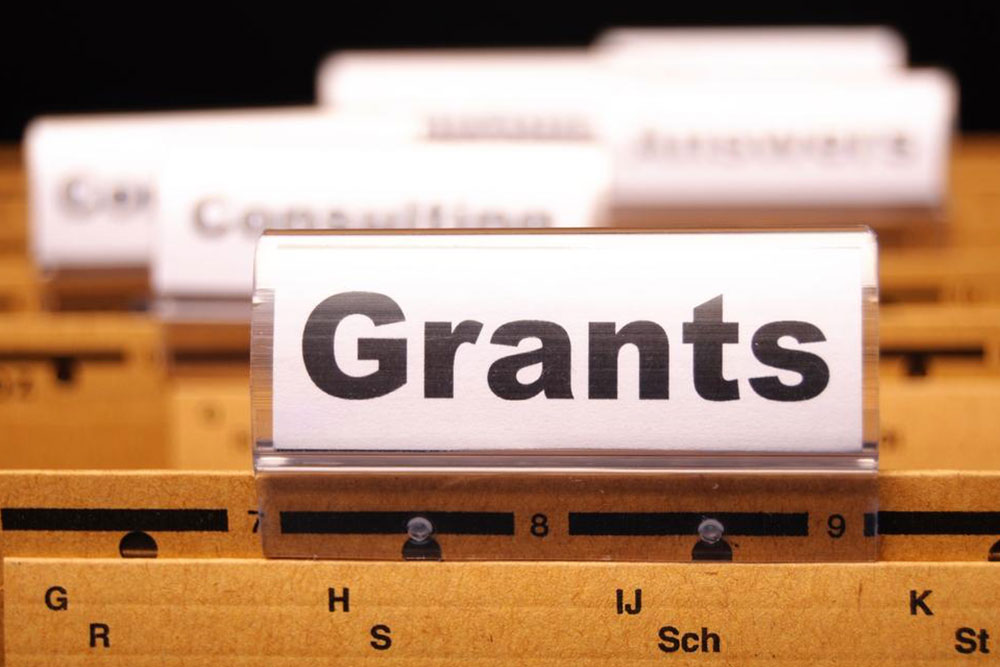Essential Resources for Returning Students Pursuing Financial Assistance
Discover comprehensive resources and financial aid options for returning students seeking to continue their higher education journey. From federal grants like Pell to specialized scholarships, learn how to secure funding that facilitates academic success and career advancement for adult learners. Explore programs tailored for various needs including single parents, veterans, and women, making higher education more accessible and manageable. This detailed guide highlights critical steps and options to support adult learners in overcoming financial barriers and achieving their educational goals for a brighter future.

Essential Resources for Returning Students Pursuing Financial Assistance
Unexpected life events such as job loss, family emergencies, or health issues can significantly alter an individual's educational trajectory. Many adult learners find themselves putting higher education dreams on hold only to later decide to resume their studies to enhance career prospects or to fulfill personal aspirations. Returning to college as an adult can be both exciting and challenging, especially when considering financial constraints. Fortunately, there are numerous support systems available—including government programs, institutional scholarships, and specialized grants—that serve to ease the financial burden and facilitate a smoother transition back into academia.
Many returning students feel overwhelmed by the thought of financial strain, especially in today’s rapidly evolving educational landscape with frequent technological updates and new classroom formats. However, understanding the available financial aid options can help alleviate these concerns. Grants and scholarships specifically designed for adult learners are crucial resources for those looking to re-enter higher education. Filling out the Free Application for Federal Student Aid (FAFSA) is an essential first step, as this application opens access to a variety of federal grants, student loans, and work-study opportunities that can significantly reduce educational costs. Many institutions also offer tailored scholarships for returning students, often prioritizing applicants who are single parents, displaced workers, or individuals who have faced personal hardships.
Institutional grants represent a vital avenue of financial support for adult learners. Universities and colleges frequently allocate dedicated funds to support students returning to complete their degrees. For example, Michigan State University offers the William E. and Phoebe B. Clark Scholarship, specifically designed for adult students who are resuming their education after a break. These grants typically require applicants to demonstrate academic potential and often favor students facing economic or personal hardship, including single parents, widows, or those recovering from significant life upheavals. Such funding opportunities are pivotal for making higher education more accessible for non-traditional students.
The federal government provides an array of programs geared toward supporting adult learners. The Pell Grant remains one of the most prominent forms of assistance, offering financial aid to undergraduate students based on demonstrated financial need, regardless of age. Returning students who have taken a hiatus from education can still apply for the Pell Grant, which can provide up to approximately $6,095 per year (as of 2019) to offset tuition, fees, and related educational expenses. Besides the Pell Grant, many states have implemented their own grants aimed at encouraging adult education. For instance, New Jersey's initiatives target 'disengaged' or previously enrolled but non-completing students, offering additional opportunities to finish degrees. Military veterans and active personnel also have access to specialized programs like the Montgomery G.I. Bill, which helps cover costs for college tuition, housing, and textbooks, easing their transition into post-service education.
Specialized grants for women pursuing higher education are also an important part of the financial aid landscape. The Jeanette Rankin Women’s Scholarship Fund, for example, targets low-income women aged 35 and older who are seeking vocational training, associate degrees, or bachelor's degrees. These grants aim to promote gender equality and empower women seeking to shift careers, advance professionally, or overcome personal life hurdles through continued education. Such programs are dedicated to reducing the financial barriers faced by women who often juggle multiple responsibilities, including family and work, making higher education more attainable for them.
In conclusion, adult learners seeking to return to college or university have a wealth of resources available to support their educational ambitions. From federal grants like the Pell Grant to specialized institutional scholarships and state programs for returning students, there are numerous avenues to explore. Navigating these options requires careful research, timely application submissions, and a clear understanding of eligibility criteria. With the right financial aid in place, adult students can focus more on their academic success and professional growth, transforming their lives through education. Whether it's overcoming financial obstacles or balancing personal responsibilities, these resources are instrumental in helping returning students realize their educational goals and ultimately achieve long-term career stability and satisfaction.





